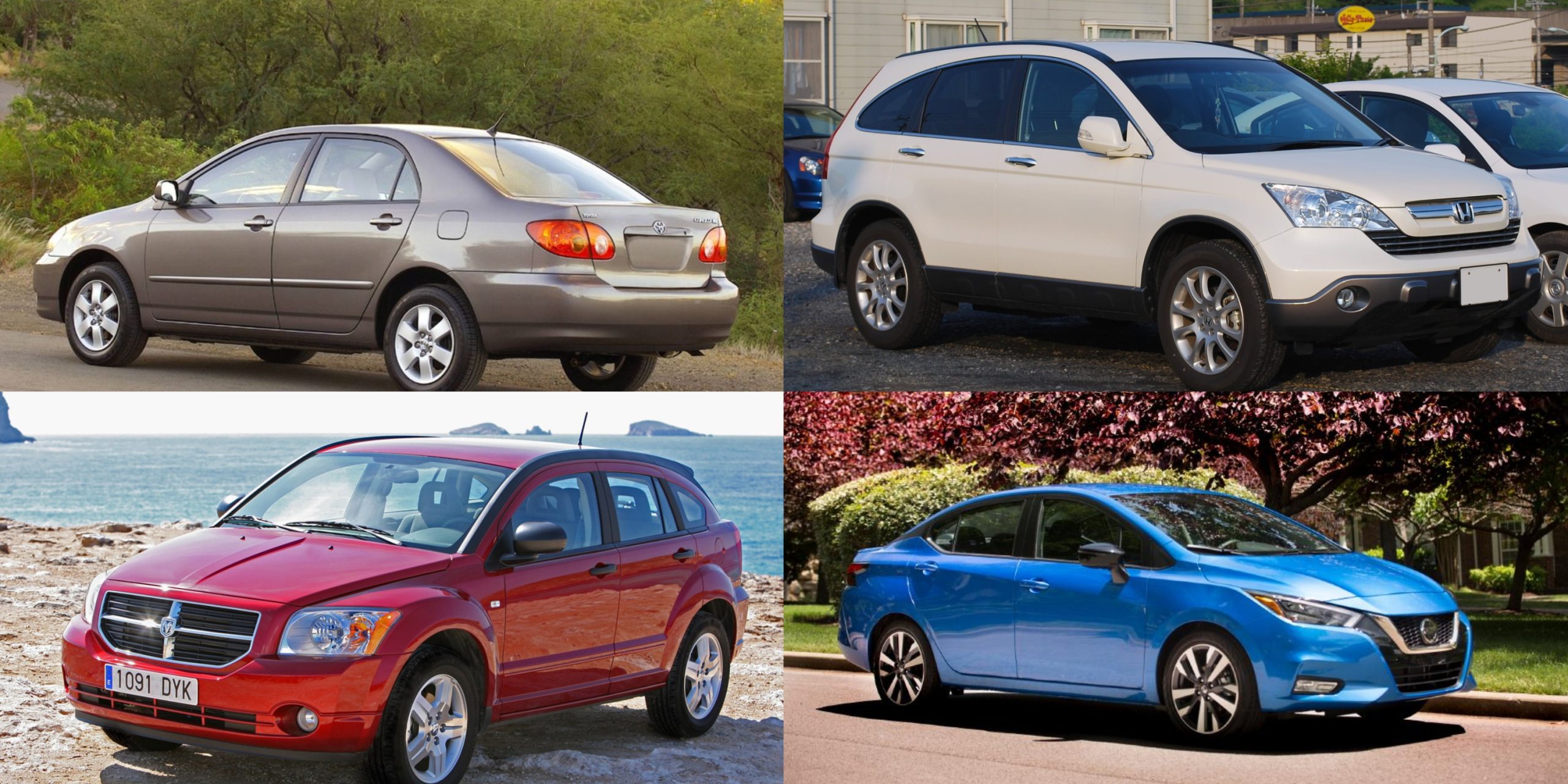When it comes to buying a used car, comfort is often a key factor, especially if you live in an area where temperatures can soar to uncomfortable heights. The air conditioning (AC) system can make or break your daily commute, long drives, or weekend getaways.
After all, no one wants to spend their summer sweating through every ride, dealing with hot air blowing in their face, and constantly adjusting the temperature dial in vain.
Some cars, however, stand out for their exceptional ability to keep drivers and passengers cool even after years of use, with air conditioning systems that seem nearly indestructible. These vehicles are built with reliable components and advanced technology that can withstand the test of time, even in the hottest climates.
On the other hand, some vehicles may seem appealing at first but quickly become a nightmare when it comes to air conditioning. These cars might cool down for a while, but before long, the system starts to fail, often resulting in costly repairs and constant frustration.
If you’re considering purchasing a used car or wondering about the longevity of your current vehicle’s AC system, this list will guide you through six cars with truly robust AC systems—and six cars where the AC can’t handle the heat.
Also Read: 5 Cars With Quiet Cabins and 5 That Are Loud and Creaky
6 Cars With Indestructible AC
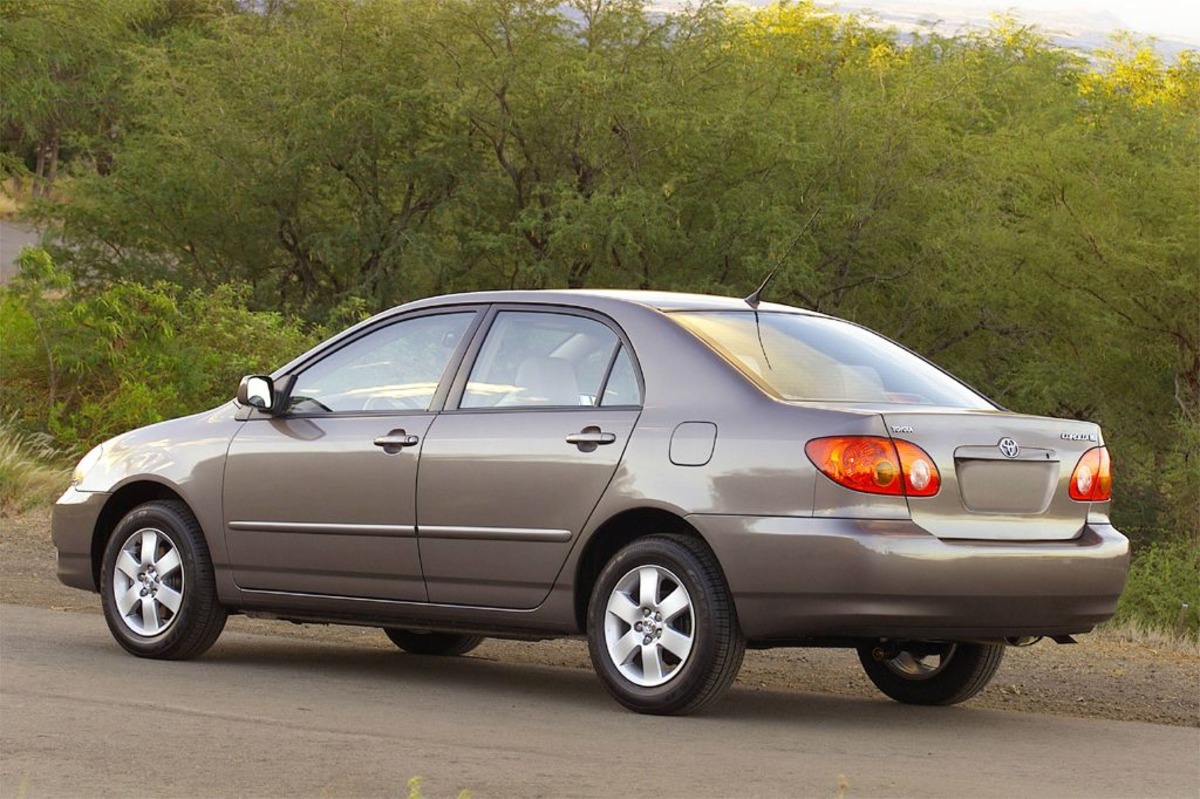
1. 2003–2011 Toyota Corolla
Toyota’s Corolla has been a reliable and trusted model for decades, and when it comes to air conditioning, this car is virtually indestructible. The Corolla’s AC system is renowned for its durability, often continuing to perform well past 200,000 miles without significant issues.
This is particularly impressive, as most cars start to experience some wear and tear on their AC units as they age, but the Corolla’s system has a reputation for enduring extreme temperatures year after year.
The Corolla’s AC system benefits from its simple and straightforward design, which avoids the complexity of modern, overly tech-dependent systems. This simplicity, coupled with high-quality components, results in a system that’s less prone to malfunction.
Even in areas where summers reach blistering temperatures, owners report that their Corolla’s AC continues to cool effectively, quickly reducing the cabin temperature even on the hottest days.
Maintenance is also relatively low-cost and easy to perform. Mechanics are often familiar with the Toyota Corolla’s AC system, and replacing components, if necessary, is typically not as expensive as it would be for other makes or models.
Even the compressor, a key part of any car’s air conditioning system, is built to last much longer than those in other cars. In short, the Toyota Corolla’s AC is so reliable that many owners find they rarely, if ever, need to worry about it.
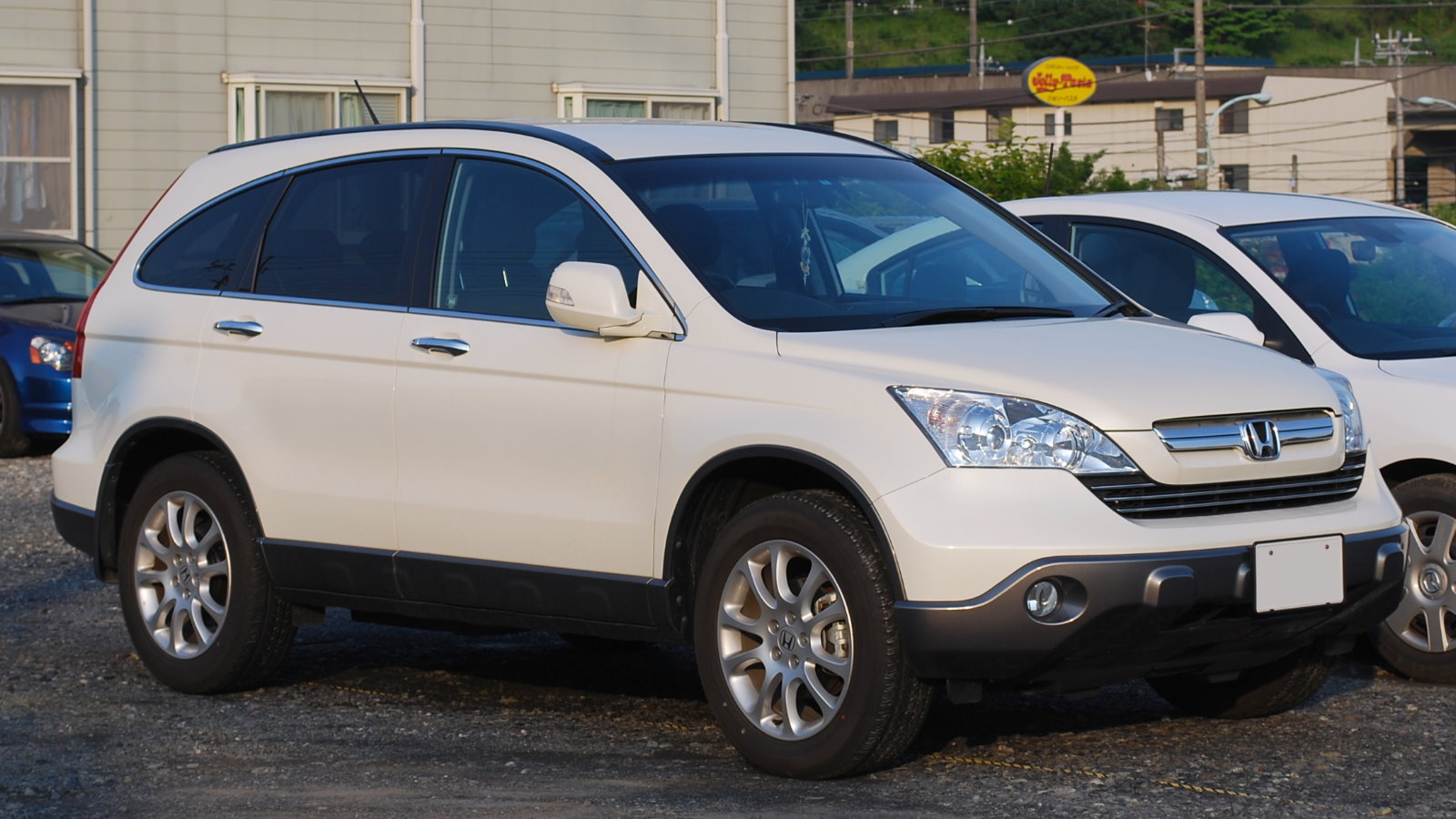
2. 2004–2012 Honda CR-V
Honda’s CR-V is one of the most reliable and popular compact SUVs on the market, and its air conditioning system is no exception. Known for its long-lasting quality, the CR-V is an ideal choice for families, road trippers, and commuters alike—especially if you live in a hot climate.
The CR-V’s AC system is powerful and efficient, capable of quickly cooling the cabin even when temperatures are soaring outside.
The HVAC system in the Honda CR-V was designed with the understanding that this vehicle would need to perform well in a variety of conditions. Whether it’s in the desert heat of Arizona or the muggy humidity of Florida, the AC in a CR-V has the ability to maintain a steady, cool temperature.
With dual-zone climate control on many models, the CR-V allows passengers in the front and back to adjust their own temperatures, a feature that adds to the comfort and versatility of the vehicle.
Additionally, the CR-V’s AC system is low-maintenance, and issues like compressor failures or refrigerant leaks are rare. Most of the time, a simple recharge or routine maintenance is all that’s needed to keep the system working optimally.
With proper care, the AC in the Honda CR-V can last for years, keeping you cool in the summer and making it an excellent choice for those living in consistently hot environments.
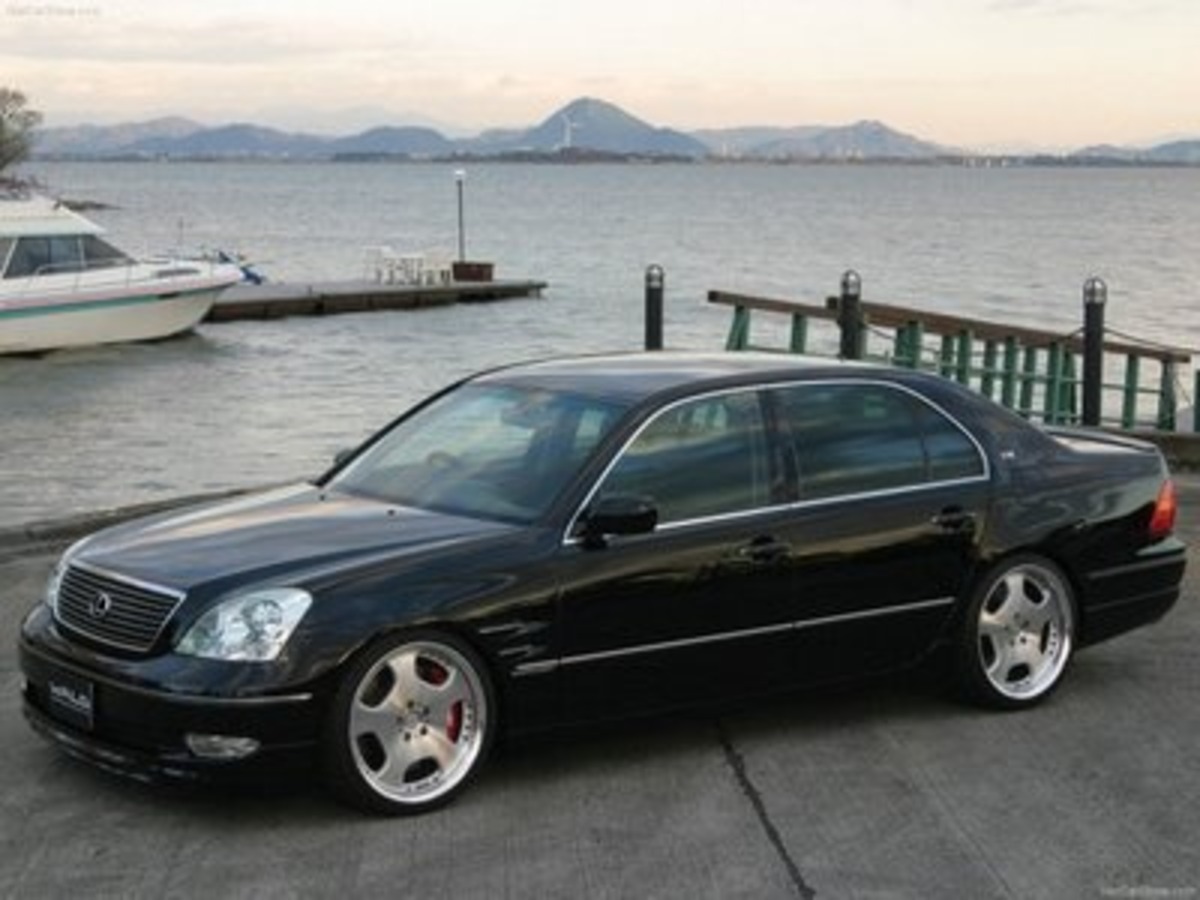
3. 2001–2006 Lexus LS430
When it comes to luxury, the Lexus LS430 stands out as one of the best vehicles on the market—and its air conditioning system is a big part of what makes this sedan so comfortable.
Known for its quiet and refined ride, the LS430 takes comfort to the next level, and that includes maintaining a cool and pleasant cabin temperature.
The AC system in the LS430 is built for durability, with high-end components that ensure the system keeps performing even after many years of use.
Lexus went above and beyond with the HVAC system in the LS430, incorporating features like automatic climate control, multi-zone cooling, and advanced air filtration. These features are designed to keep the interior cabin comfortable, regardless of the temperature outside.
The AC blows cold air quickly and efficiently, with some owners reporting that their system continues to function like new even after 10-15 years of ownership.
Another key advantage of the LS430’s AC system is its ease of maintenance. The system is not overly complicated, and repairs, when needed, are generally not as expensive as they would be in some European luxury cars.
Parts are durable, and because the car is built with luxury in mind, mechanics know how to service the system properly. With regular maintenance, the AC in the Lexus LS430 will continue to work reliably for many years, offering a cool and comfortable driving experience.
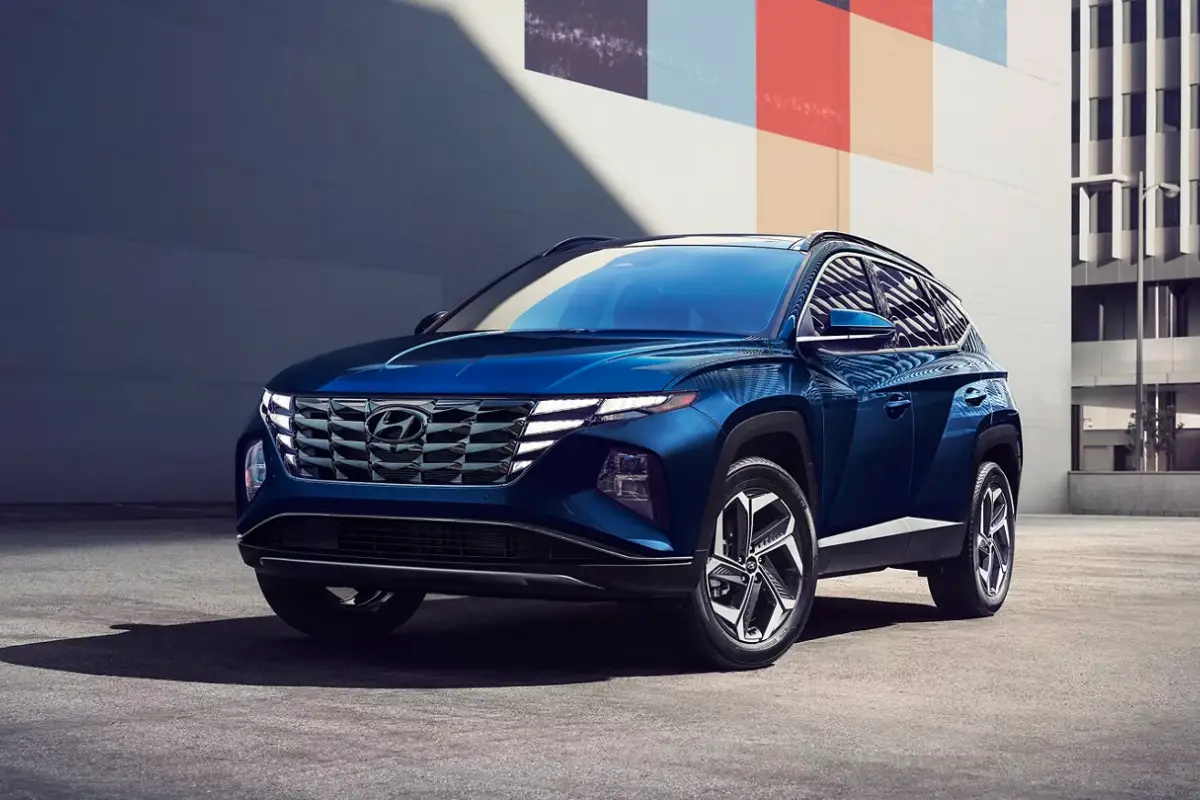
4. 2005–2010 Hyundai Tucson
Hyundai’s first-generation Tucson made a big splash in the SUV market, and part of its appeal is the air conditioning system. The Tucson’s AC is consistently praised for its performance, especially in warmer climates.
Whether you’re driving through the desert heat of California or the scorching summers of Texas, Tucson’s HVAC system can handle it with ease.
The key to Tucson’s indestructible AC lies in its robust compressor and well-designed airflow system. The car’s climate control system is efficient, cooling the cabin in a matter of minutes.
Even when carrying several passengers or hauling cargo, the AC maintains its performance without skipping a beat. This is a major selling point for families and travelers who need reliable comfort on long trips.
What sets the Tucson apart from many other budget-friendly SUVs is its strong track record for durability. Even with high mileage, the AC system in these vehicles tends to hold up better than many competitors.
Whether you’re buying new or used, the Tucson’s AC is one feature you can count on to keep you cool in the hottest conditions.
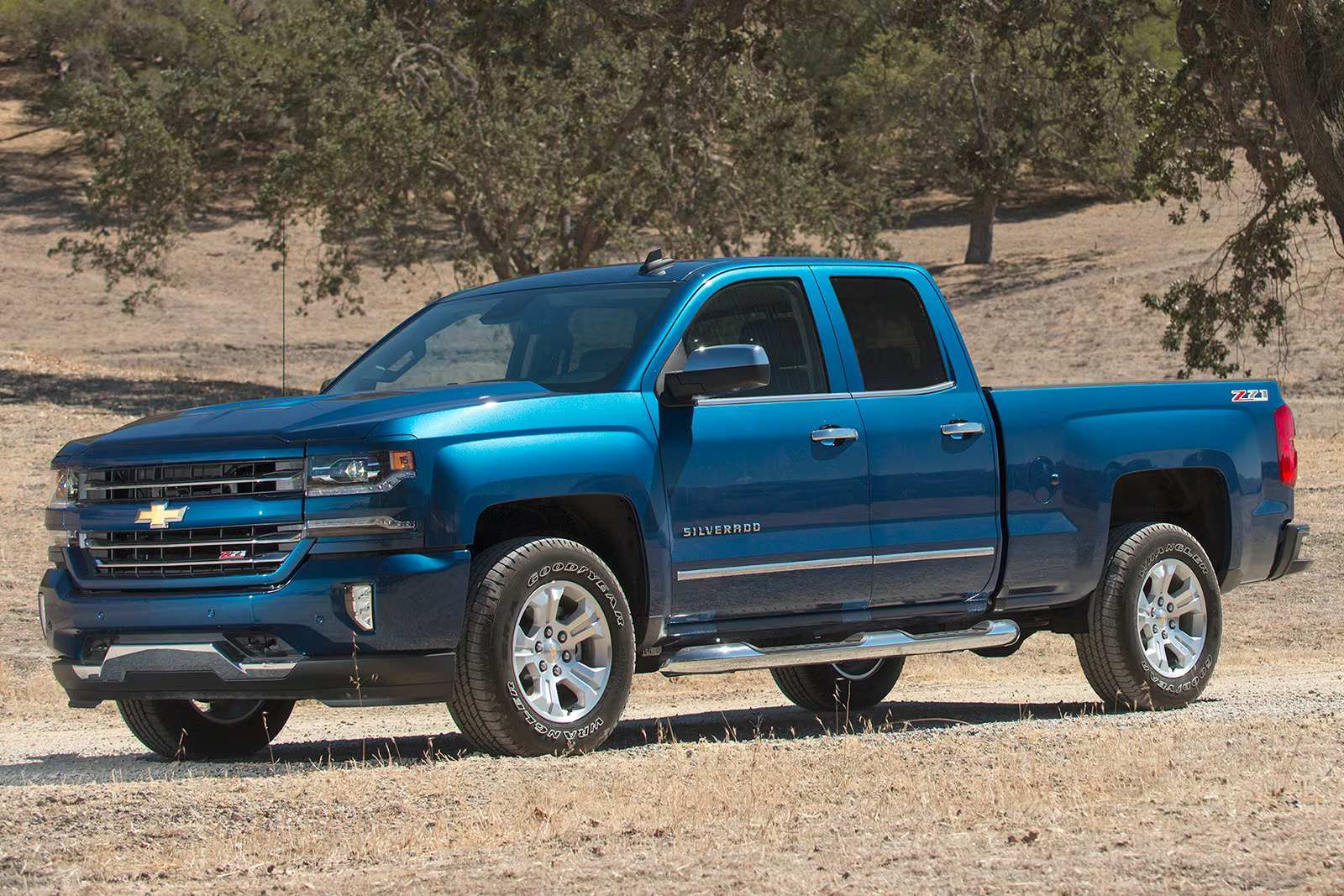
5. 2007–2013 Chevrolet Silverado 1500
The Chevrolet Silverado 1500 has long been a favorite among truck lovers, known for its rugged durability and exceptional performance.
When it comes to air conditioning, this truck doesn’t disappoint. The Silverado’s AC system is strong, capable of cooling the large cabin in a matter of minutes, and it remains reliable even after many years of use.
What sets the Silverado apart is its robust compressor, designed to handle the challenges of a truck’s bigger cabin. The air conditioning is capable of cooling both the driver and passengers evenly, regardless of how much cargo is loaded into the bed.
This makes it an ideal choice for anyone who regularly drives long distances or works in hot environments. Even in the hottest climates, the Silverado’s AC can keep the cabin cool and comfortable, offering a welcome break from the heat.
Another major plus is the Silverado’s simplicity when it comes to maintenance. While it’s always recommended to have your AC system checked periodically, the Silverado’s HVAC components are fairly easy to service, and problems are rare.
When issues do arise, they tend to be minor and can usually be fixed without a hefty price tag. For a truck that gets used hard in hot conditions, the Silverado 1500’s AC is one of the most reliable on the market.
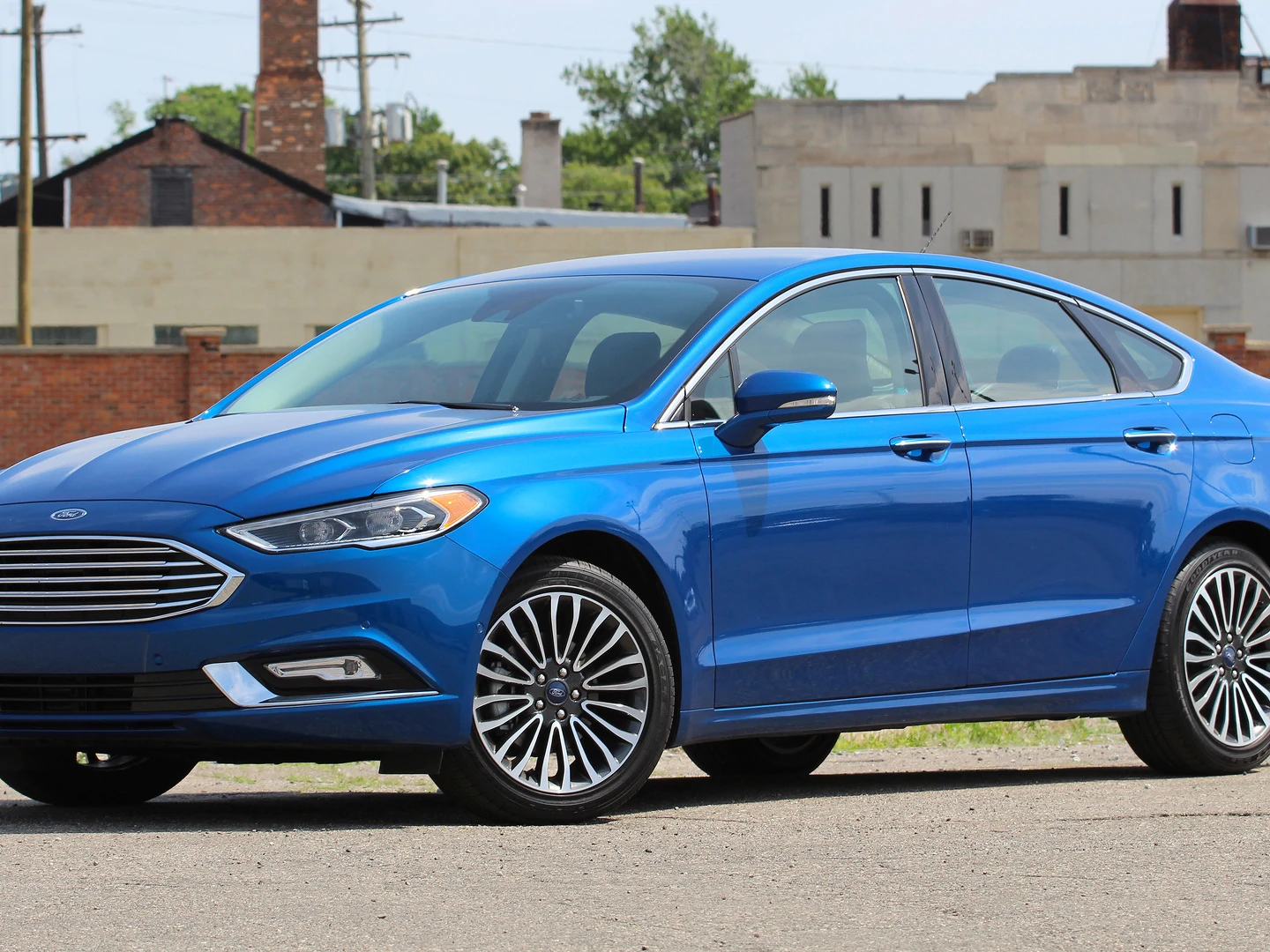
6. 2006–2012 Ford Fusion
Ford’s first-generation Fusion was one of the best mid-size sedans to come out of the 2000s, offering a blend of style, performance, and reliability. One of the standout features of the Fusion is its air conditioning system, which is both powerful and long-lasting.
The AC in the Fusion is designed to cool the cabin quickly and efficiently, making it a great choice for those who live in areas with hot summers.
The HVAC system in the Fusion is simple but effective, and it performs admirably under extreme conditions. Even in stop-and-go traffic or when driving in sweltering temperatures, the Fusion’s AC remains strong, circulating cold air throughout the cabin.
This makes it a comfortable choice for commuters, families, or anyone who spends time in their car on a daily basis. Maintaining the AC system in the Fusion is also relatively easy and affordable.
The compressor is durable, and many owners report that their AC continues to work like new, even after years of use. For a sedan in its class, the Fusion’s HVAC system is one of the most reliable, and it holds up well even as the car ages.
6 Cars That Lose Cool Fast
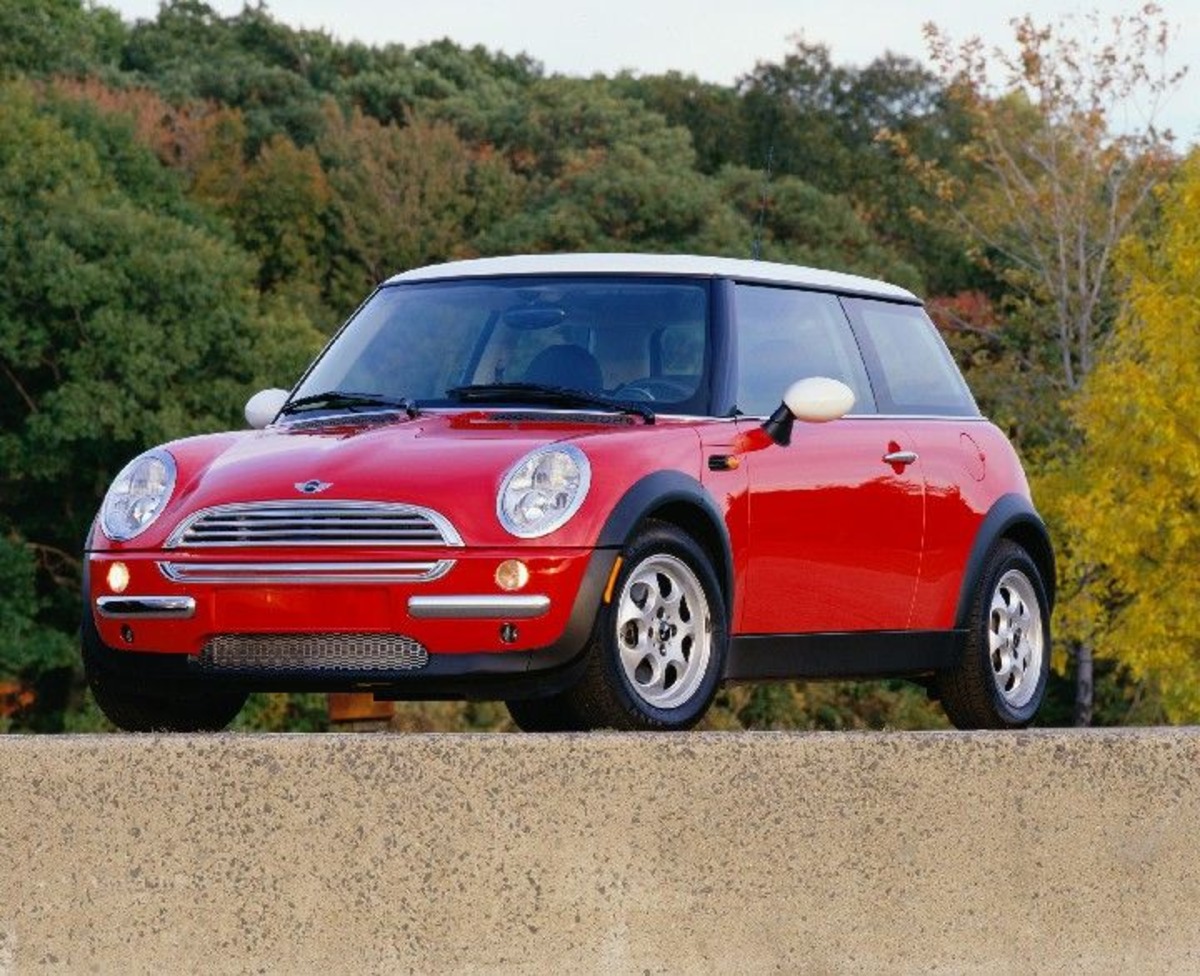
1. 2002–2009 Mini Cooper
While the Mini Cooper is known for its fun, nimble driving experience, its air conditioning system is one of its most significant weaknesses. Mini Coopers, especially from the early 2000s, are notorious for their faulty AC systems, which tend to fail long before the car reaches high mileage.
While the AC might work well for a few years, many owners report that it struggles to keep the cabin cool after 80,000 miles, and repairs can be costly.
A common issue with the Mini Cooper’s AC is compressor failure. The compressor is often underpowered for the small cabin, which means that even when the system is running, it can struggle to cool efficiently.
Additionally, the refrigerant lines are often prone to leaks, causing the system to lose its cooling capacity. Many Mini owners also report problems with the blend doors, which can cause airflow issues and inconsistent cooling.
Unfortunately, due to the car’s compact design and the location of the HVAC components, repairs can be expensive. Accessing the air conditioning system often requires removing large portions of the dashboard, which significantly drives up labor costs.
If you live in a region where summer temperatures regularly exceed 90°F, the Mini Cooper’s AC may not be up to the task.
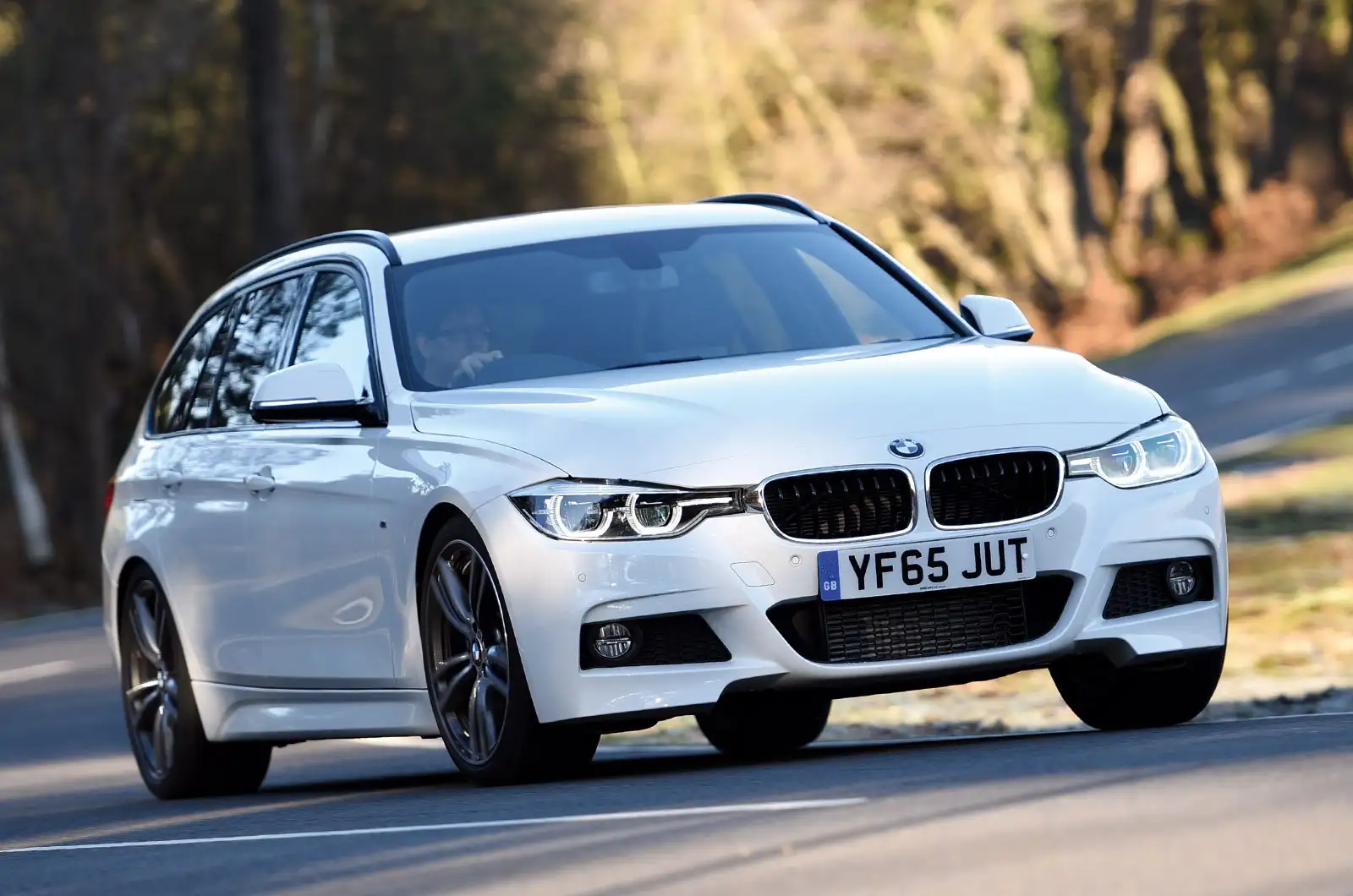
2. 2006–2013 BMW 3 Series (E90)
The BMW E90 3 Series is beloved for its driving dynamics, but its air conditioning system leaves a lot to be desired. The AC in the E90 3 Series can be frustratingly unreliable, with common issues including compressor failure, leaking refrigerant, and problems with the electronic climate control system.
These issues tend to arise earlier than you’d expect, often when the car hits around 100,000 miles. The root of the problem lies in the complexity of the system.
Unlike simpler systems found in more budget-friendly cars, the E90’s AC is packed with sensors, electronic controls, and advanced climate features. While these systems can work wonderfully when they’re functioning properly, they are prone to failure and can be difficult and expensive to repair.
The electronic components, in particular, are known for malfunctioning, leading to unpredictable behavior and inconsistent cooling performance.
For owners who like to DIY, the AC system can be a real challenge. While basic issues like leaks or clogged filters can be addressed with relative ease, more complicated repairs require specialized knowledge and parts. This can be a serious headache for those who rely on their AC for daily comfort.
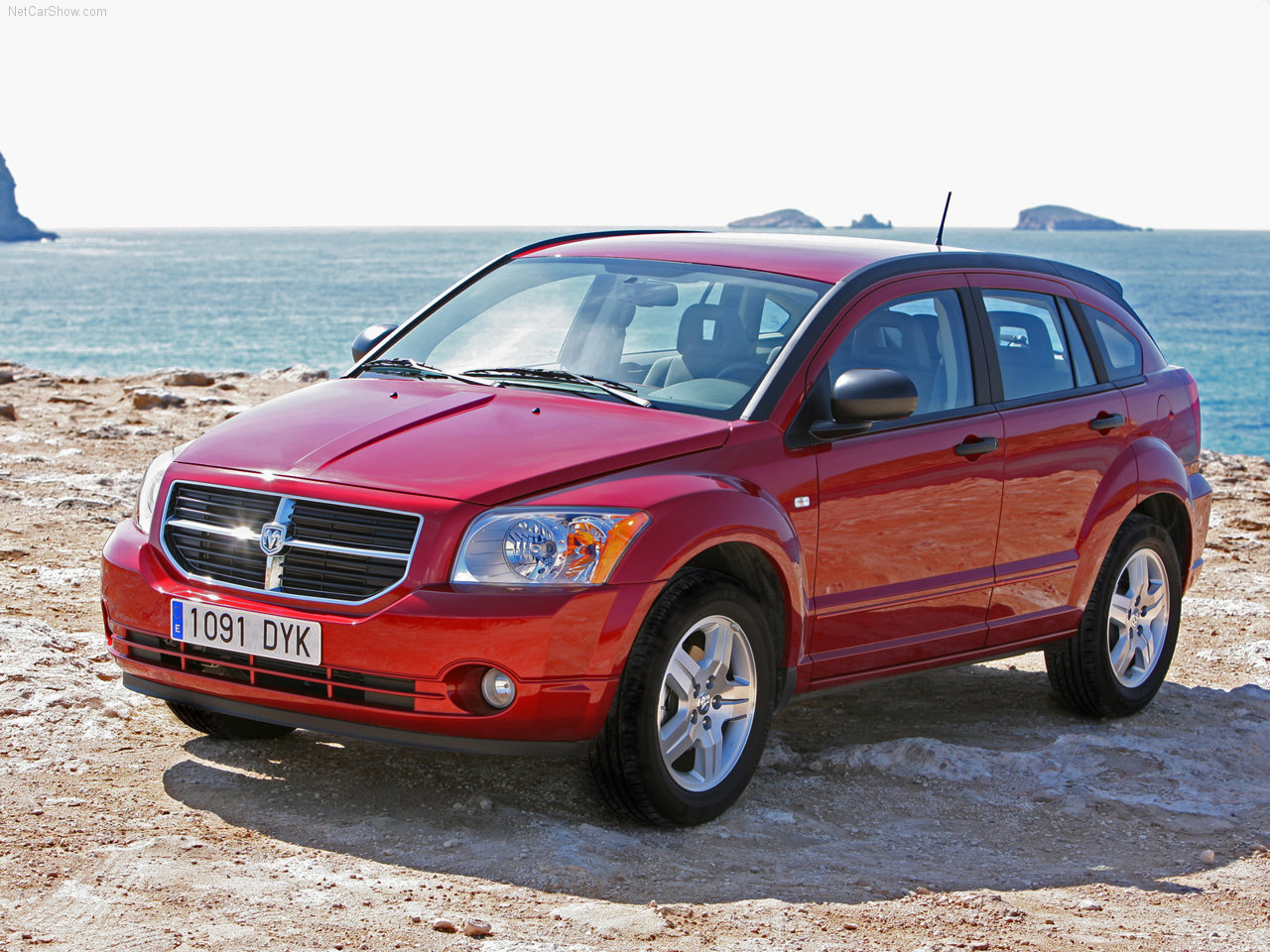
3. 2007–2012 Dodge Caliber
The Dodge Caliber was marketed as an affordable compact crossover, but its AC system is one area where it falls short.
The Caliber’s air conditioning struggles to maintain consistent cooling, especially in hot climates. Many owners report that the system simply isn’t powerful enough to cool the cabin effectively, even during normal driving conditions.
One of the most common issues with the Caliber’s AC is a failing compressor, which can lead to weak airflow and inconsistent cooling. Other common problems include refrigerant leaks, malfunctioning switches, and problems with the blower motor.
These issues often crop up relatively early in the car’s lifespan, which means that many owners find themselves shelling out for repairs before the car even reaches 100,000 miles.
While some minor issues can be addressed with a simple recharge or part replacement, major repairs can quickly become expensive. If you’re looking for a used car with reliable air conditioning, the Dodge Caliber is probably one to avoid.
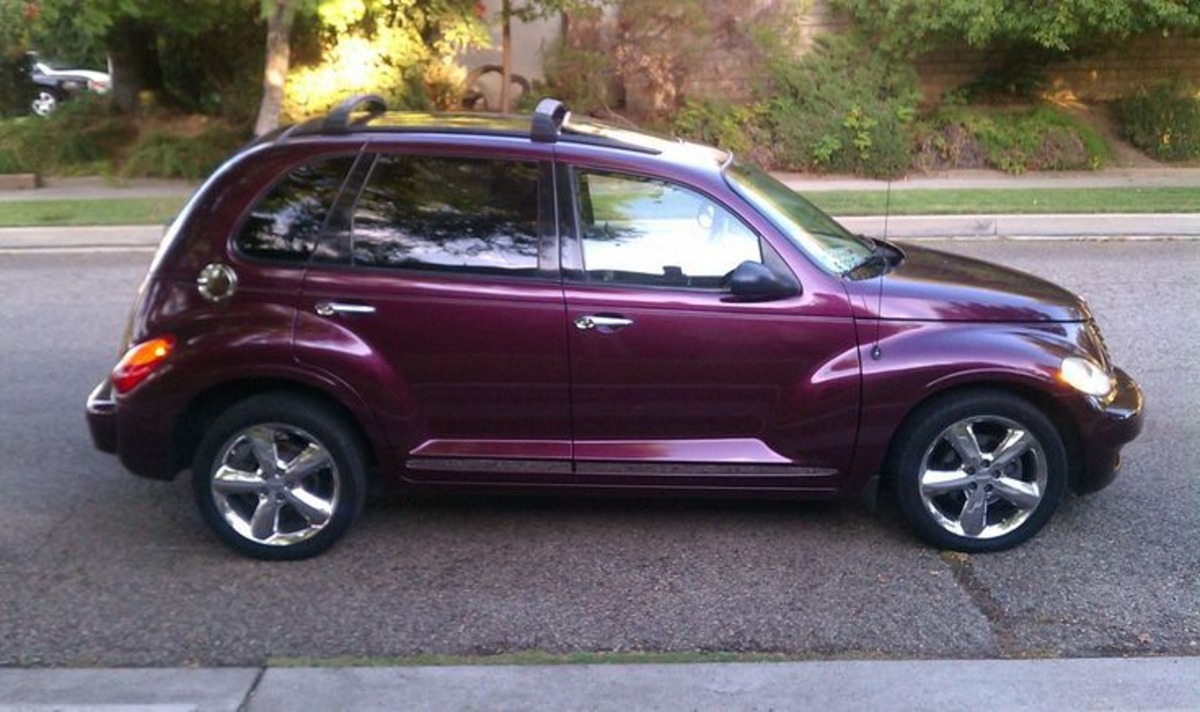
4. 2001–2005 Chrysler PT Cruiser
The Chrysler PT Cruiser may have been a quirky and unique car when it debuted, but it’s not without its flaws, especially when it comes to the AC system.
The PT Cruiser is infamous for its weak and underperforming air conditioning, with many owners reporting that the system struggles to cool down the cabin effectively, particularly in hot weather.
Common problems with the PT Cruiser’s AC include compressor failure, electrical issues affecting the blower motor, and refrigerant leaks.
The small size of the engine bay makes repairs difficult, requiring a lot of labor to access the AC components. Unfortunately, these repairs often come with hefty price tags, which can add up quickly.
For those living in hotter climates, the PT Cruiser’s inability to maintain a comfortable temperature can make it a less-than-ideal choice.
Even if the AC works initially, owners often report that it deteriorates quickly, leading to frustration and costly repair bills. If you’re looking for something that’ll stay cool for the long haul, this one’s probably best left behind.
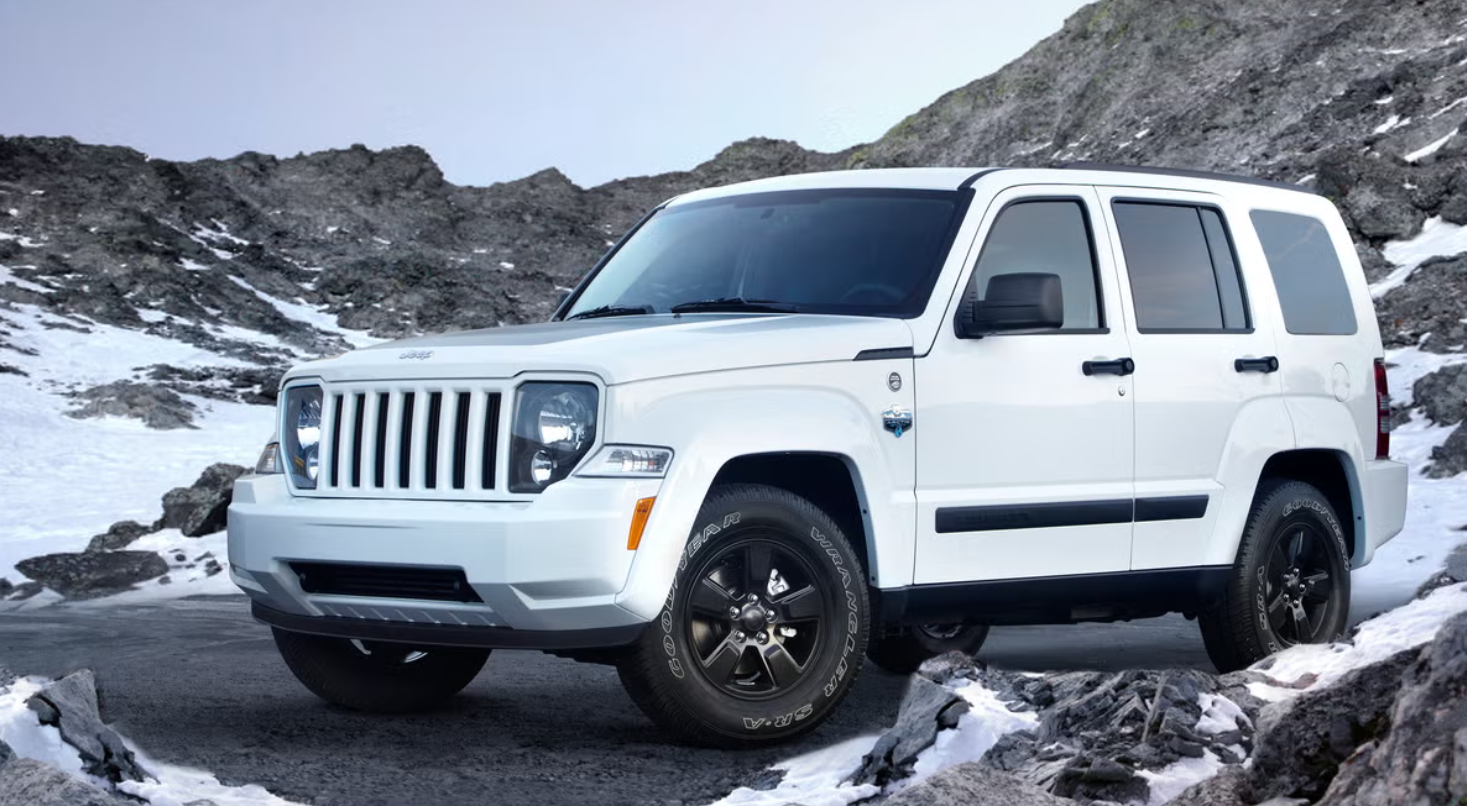
5. 2008–2012 Jeep Liberty
The Jeep Liberty’s AC system has long been a point of contention among owners. While the car itself is a rugged SUV with decent off-road capability, its air conditioning system can’t always handle the heat. The Liberty’s AC often struggles to cool the cabin effectively, particularly in extreme conditions.
A major problem with the Liberty’s system is the frequent failure of the compressor, which can leave the air conditioning system incapable of properly cooling the cabin.
Additionally, some owners report that the airflow becomes weak over time, leading to inconsistent cooling. The air conditioning system also tends to develop leaks, which can reduce its efficiency and necessitate costly repairs.
In climates with particularly high temperatures, the Jeep Liberty’s AC can feel more like a hindrance than a help. If you’re planning on using the car in warmer regions, it’s essential to be prepared for potential issues with the HVAC system.
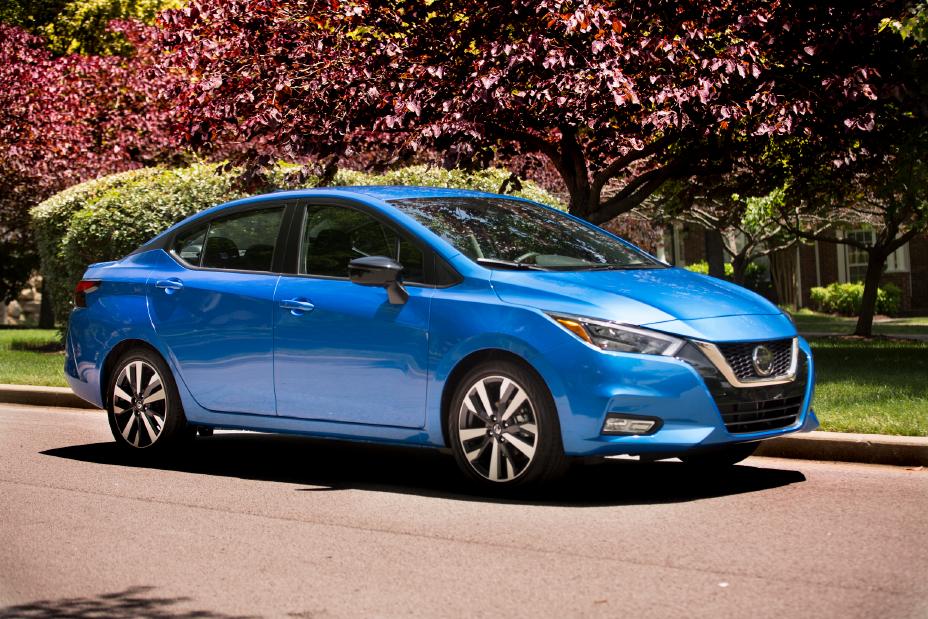
6. 2007–2011 Nissan Versa
The Nissan Versa is known for its affordability and fuel efficiency, but its air conditioning system leaves much to be desired. Many owners have reported that the AC system struggles to cool the cabin effectively, particularly in hot weather.
The primary issue with the Versa’s AC is its underpowered compressor, which often can’t keep up with the demands of a hot summer day. The system also tends to develop refrigerant leaks over time, leading to a loss of cooling power.
Even if the system is recharged, it often doesn’t take long for it to lose its effectiveness again. Some owners also experience issues with the blower motor or evaporator, which can further reduce the system’s ability to function properly.
While the Nissan Versa may be an inexpensive car to own and operate, the AC system isn’t one of its strong points. For those living in particularly hot climates, it may be worth considering other options that can deliver more reliable cooling.
Also Read: 5 Cars You Can Keep for 15+ Years and 5 That Break Within 5 Years
When purchasing a used car, especially in hot climates, a reliable air conditioning system should be a top priority. Some cars, like the Toyota Corolla, Honda CR-V, and Lexus LS430, have earned reputations for their long-lasting and powerful AC systems, ensuring comfort during even the hottest months.
On the other hand, cars like the Mini Cooper, Dodge Caliber, and Jeep Liberty often face frequent and frustrating AC problems that can become costly and inconvenient. Understanding the reliability of a car’s HVAC system is crucial to making an informed purchase.
Before committing to a used car, it’s important to test the AC thoroughly, listen for any strange noises, check for cold air flow, and even consider a professional inspection to spot potential issues. With the right car, you can enjoy comfort and reliability—no matter how hot it gets outside.

